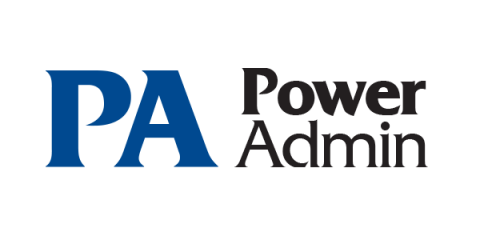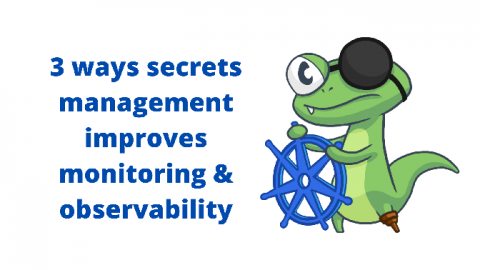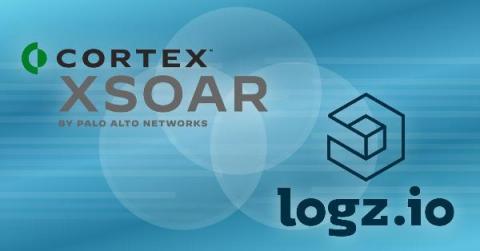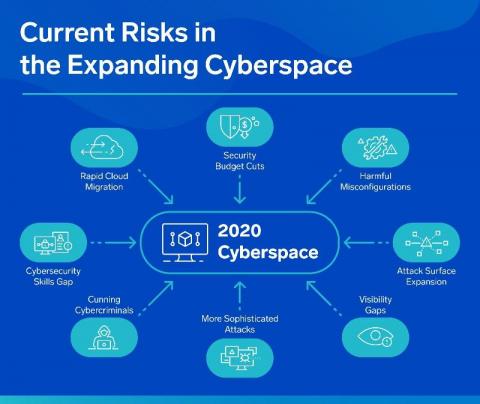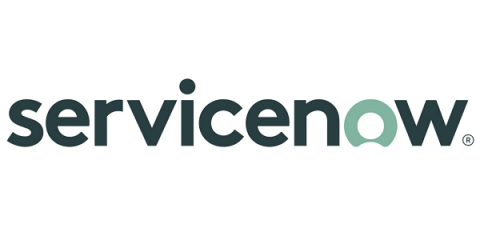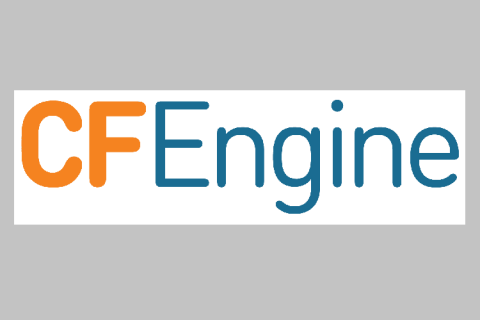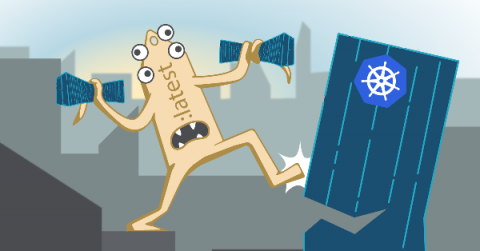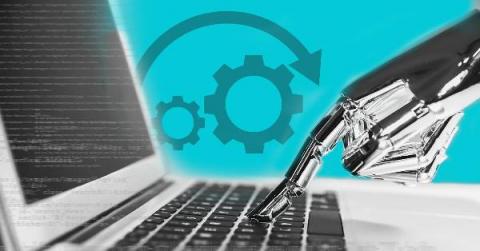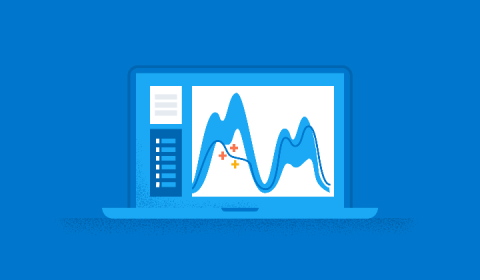VPN vs. Remote Desktop - Gateway Security Concerns
VPNs and Remote Desktop Gateways are two different tools used to achieve similar goals. That is: access content or software remotely and securely, and improve the overall freedom of the user – whether that’s from prying eyes or the need to have physical access to their business network. But while each option can be attractive, neither is without its security concerns.


